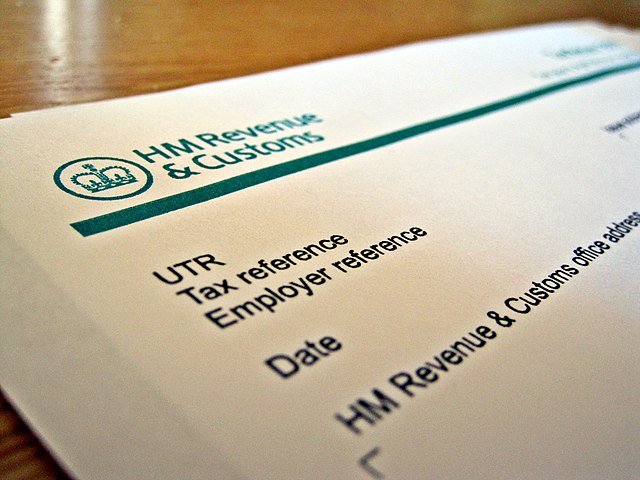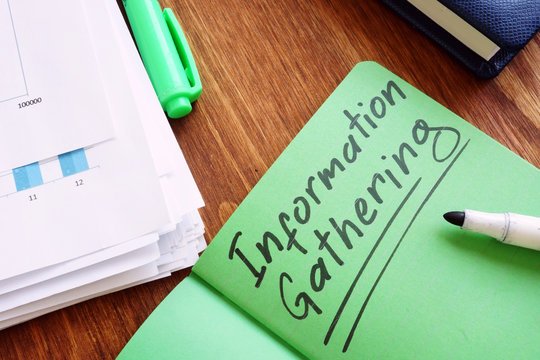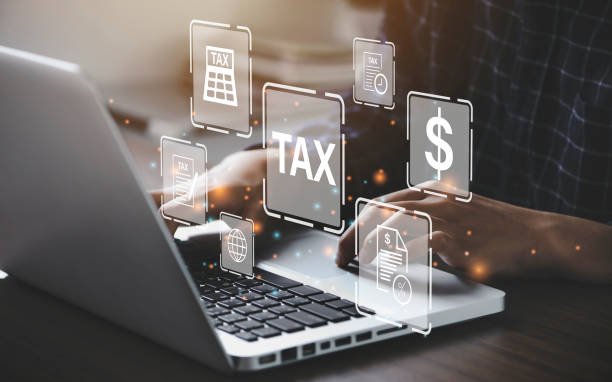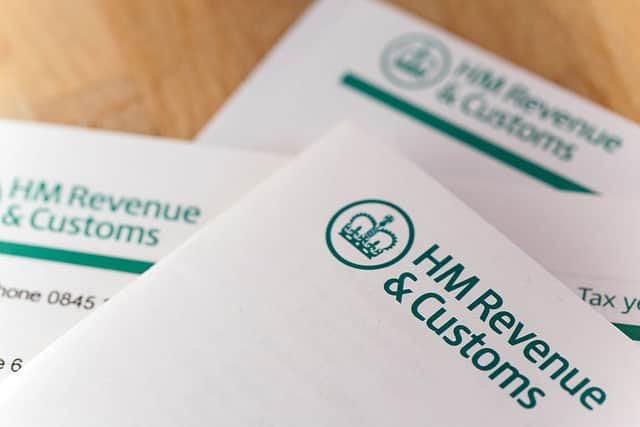
HM Revenue & Customs (HMRC) self-assessment is a process that millions of individuals in the UK undertake each year to report their income, gains, and other financial information to HMRC.
While it can seem daunting, understanding the self-assessment process is crucial for meeting tax obligations and avoiding penalties. In this detailed blog, we’ll explore everything you need to know about HMRC self-assessment and how to navigate it successfully.
Understanding HMRC Self-Assessment:
- HMRC self-assessment is a system used by individuals to report their income, capital gains, and other financial details to HMRC.
- It applies to various groups, including self-employed individuals, sole traders, landlords, and those with additional income such as from investments or rental properties.
Key Deadlines and Important Dates:
- The self-assessment tax year runs from April 6th to April 5th the following year.
- The deadline for filing your self-assessment tax return online is typically January 31st following the end of the tax year.
- Missing deadlines can result in penalties and interest charges, so it’s essential to stay organized and plan ahead.
Gathering Necessary Information:
- Before completing your self-assessment tax return, gather all relevant financial information, including income from employment, self-employment, pensions, savings, investments, and rental properties.
- Keep records of expenses, deductions, and allowances that you may be entitled to claim to ensure accurate reporting.

Completing Your Self-Assessment Tax Return:
- HMRC provides an online platform, known as the Government Gateway, for individuals to file their self-assessment tax returns.
- The process involves entering your financial details, calculating your tax liability, and submitting your return electronically.
- You may need to include supplementary pages for certain types of income or deductions, such as foreign income or capital gains.
Payment of Taxes Due:
- Once you’ve filed your self-assessment tax return, HMRC will calculate the amount of tax you owe based on your reported income and deductions.
- Payment is typically due by January 31st, along with any balancing payment for the previous tax year and the first payment on account for the current tax year.
- HMRC accepts various payment methods, including direct debit, bank transfer, debit or credit card, or through the online payment portal.

Seeking Professional Assistance:
If you’re unsure about any aspect of your self-assessment tax return or tax obligations, consider seeking professional assistance from US & A Consultancy.
US & A Consultancy can provide guidance, ensure compliance with tax laws, and help minimize tax liabilities through legitimate deductions and allowances.
